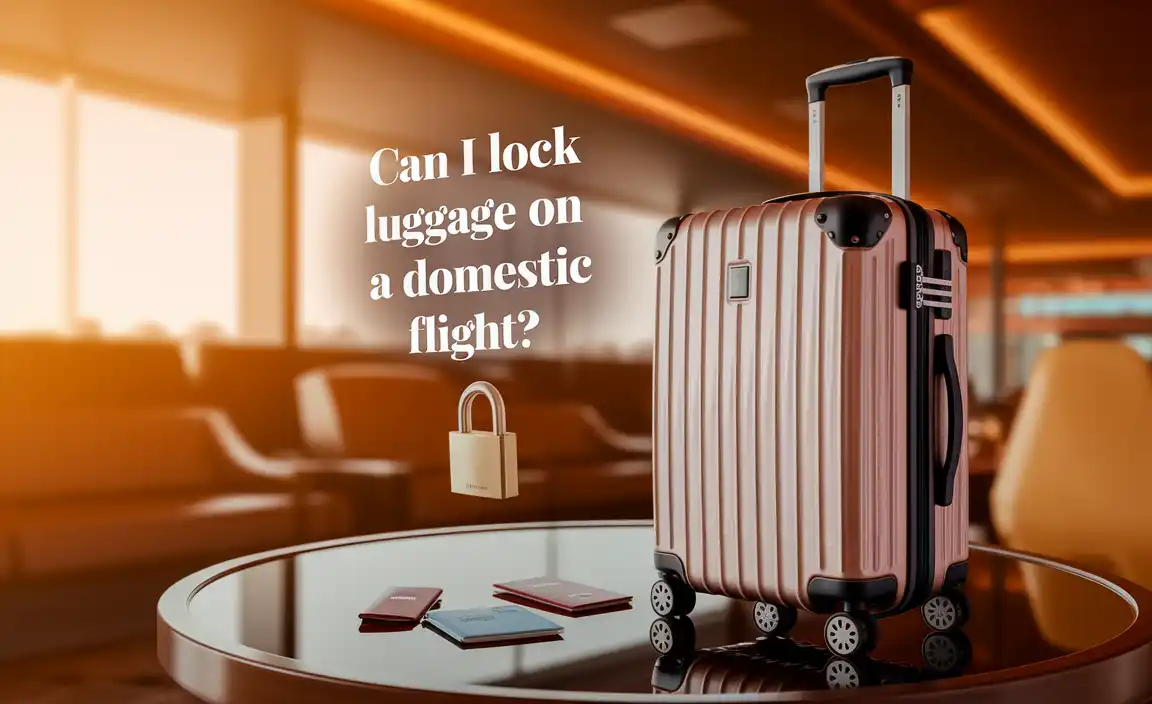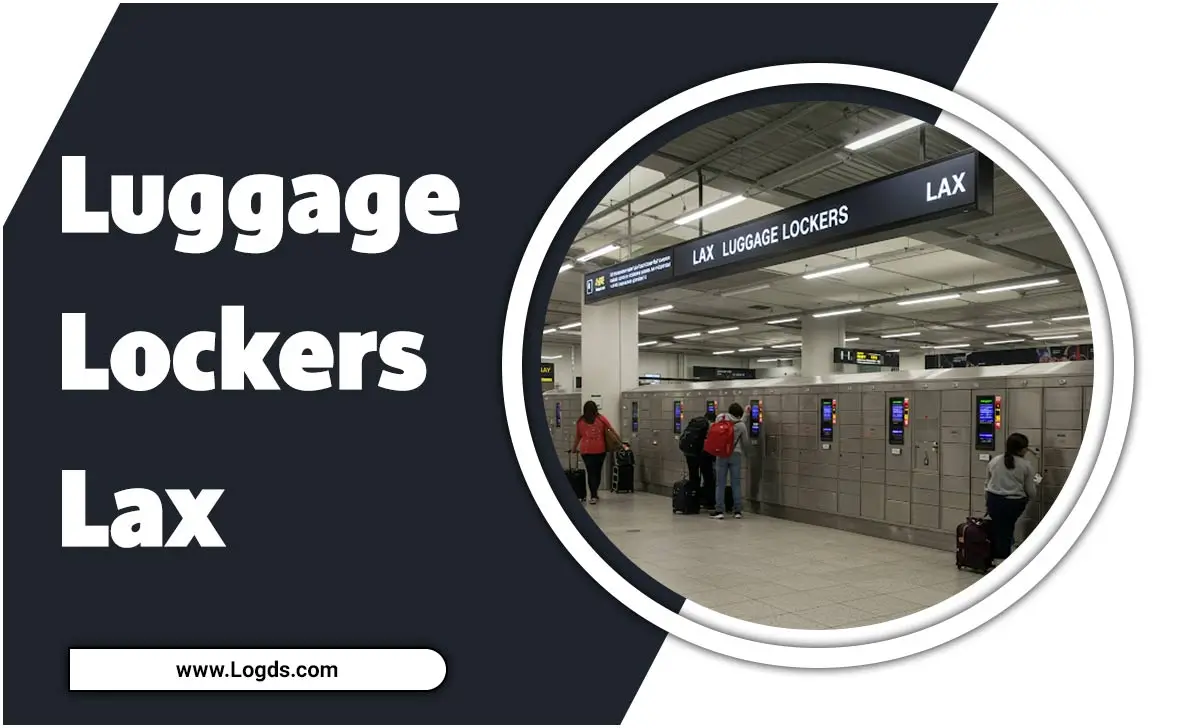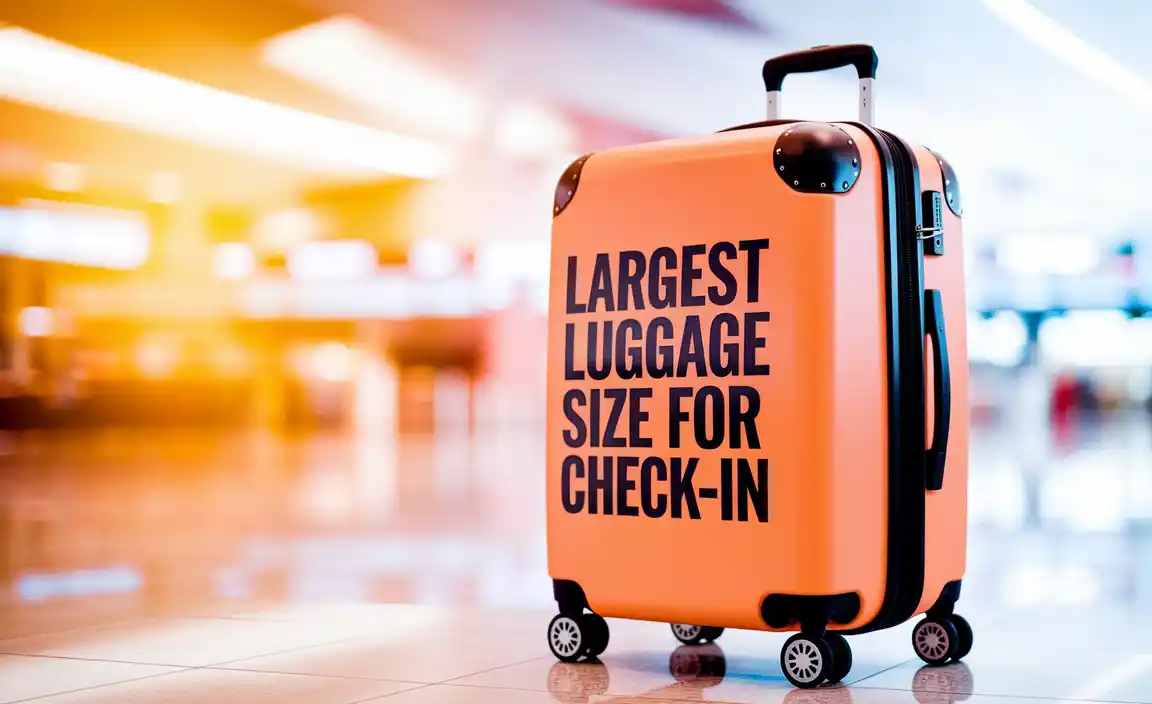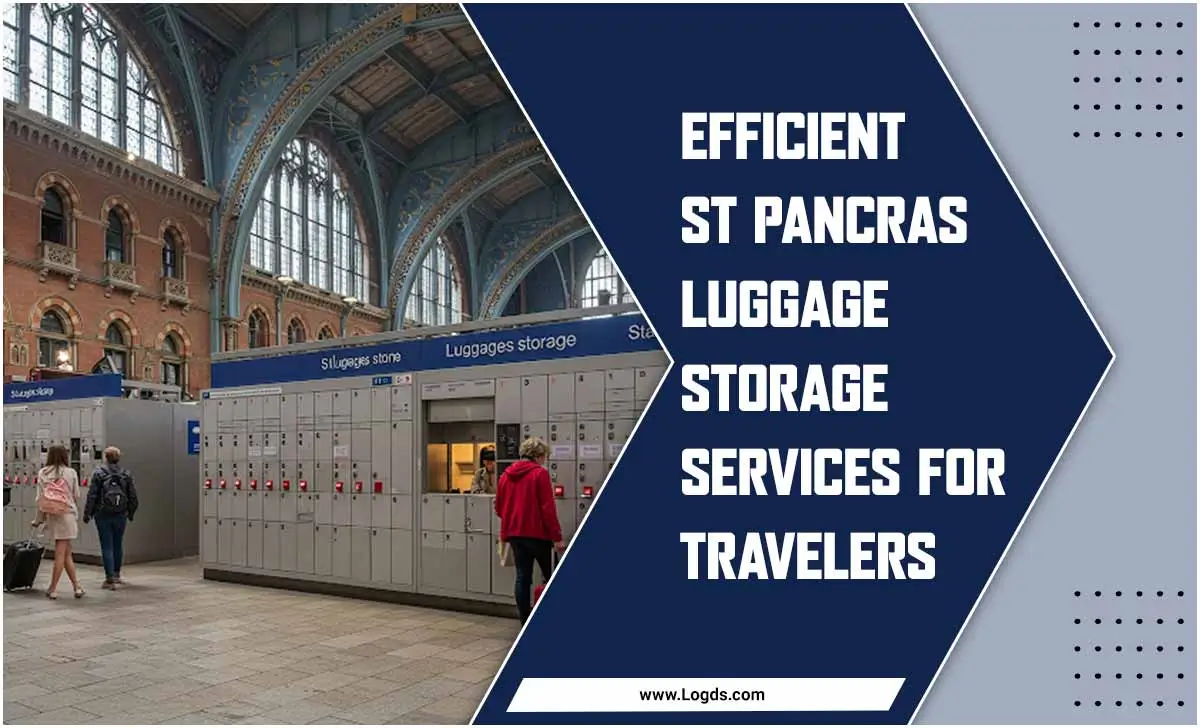Traveling by air can be a stressful experience, with long lines, security checks, and the fear of losing or damaging your luggage. One question that often arises is whether or not it is permissible to lock your luggage on a domestic flight.
With the high rates of lost and damaged luggage, it’s understandable that passengers want to take extra precautions to protect their belongings. However, with strict regulations and procedures in place, it’s important to understand the rules and guidelines regarding luggage locks before embarking on your journey.
In this article, we will delve into the regulations of airlines and the Transportation Security Administration (TSA) regarding luggage locks on domestic flights. We will also address common concerns and provide insights on the best ways to secure your baggage while complying with the rules and regulations. So, if you’re planning a domestic trip and want to ensure the safety of your luggage, read on to find out the answer to the question, “Can I lock my luggage on a domestic flight?

Can I Lock My Luggage On A Domestic Flight- TSA Rules and Secure Tips
Locking your luggage on a domestic flight is allowed, but following TSA rules is important to ensure a smooth travel experience. TSA-approved locks are recommended for securing your luggage, as they can be opened by TSA agents if necessary for inspection without damaging the lock.
Non-TSA-approved locks may be cut off during security checks. So, it’s best to use approved locks to prevent inconvenience. Remember that locking your luggage adds an extra layer of security. Your bags may need an inspection by airport security, so using TSA-approved locks can help streamline this process and is always advisable. Here are some tips for keeping your luggage safe for travel.
1. Packing Your Luggage Securely
When packing your luggage securely for a domestic flight, following the guidelines set by the Transportation Security Administration (TSA) is important. While you can generally lock your luggage, we recommend using TSA-approved locks. These locks allow security personnel to open and inspect your luggage if necessary. TSA may cut off non-TSA locks during the inspection process.
To ensure your belongings are secure and well-organized, consider packing cubes or compression bags to maximize space and prevent items from shifting during transit. A luggage strap or wrap can further secure your luggage and deter unauthorized access. These precautions can protect your belongings throughout your journey.
2. Placing Valuables In Carry-On
You can generally lock your luggage for domestic flights. However, there are some important considerations to keep in mind. The TSA has authorized the opening and inspection of any checked bag. We suggest using TSA-approved locks that security personnel can easily open.
This ensures that your luggage remains secure while still allowing for necessary inspections. Placing valuable items such as electronics, jewellery, and important documents in your carry-on bag is also a good idea to ensure their safety.
Remember, locking your luggage does not guarantee complete security, so taking additional precautions, such as using sturdy suitcases and keeping a close eye on your belongings during travel is always wise.
3. Locking Checked Luggage
When locking your checked luggage on domestic flights, the Transportation Security Administration (TSA) allows passengers to do so. However, it is important to use TSA-approved locks that security personnel can easily open if necessary. These locks have a special symbol or indicator that meets the agency’s standards.
You can purchase these locks at most travel supply stores or online. Combining locks instead of keys is recommended, as keys can be easily lost or misplaced. Remember to keep your combination or key safe and not inside your luggage. Using TSA-approved locks for your checked luggage provides peace of mind and ensures the safety of your belongings during travel.
4. Using Lockable Luggage Straps
Regarding domestic flights, you can typically lock your luggage, but verifying the airline’s policies is advisable. To ensure convenience and compliance with security measures, TSA-approved locks are highly recommended.
Security officers can easily open these locks if necessary. Another option for securing your bags is to use lockable luggage straps. These straps come with built-in combination locks that are TSA-approved.
By using lockable luggage straps, you add an extra layer of security to your belongings, making it easier to identify your bag on the carousel. Follow the manufacturer’s instructions for setting the combination and properly securing the strap.
Conclusion
Locking your luggage on a domestic flight can offer numerous advantages, such as peace of mind and enhanced security. By using locks, you can minimize the risk of theft and tampering, ensuring that your belongings reach your destination intact.
While you can usually lock your luggage on domestic flights, knowing the guidelines and regulations is important. To ensure a hassle-free travel experience, follow our comprehensive guide on properly securing your luggage for a domestic flight. You can confidently travel by taking the necessary precautions, knowing that your possessions are as well confidently.
Frequently Asked Questions
[rank_math_rich_snippet id=”s-d5c1b757-521d-4a72-981b-1dfe2b78d159″]






